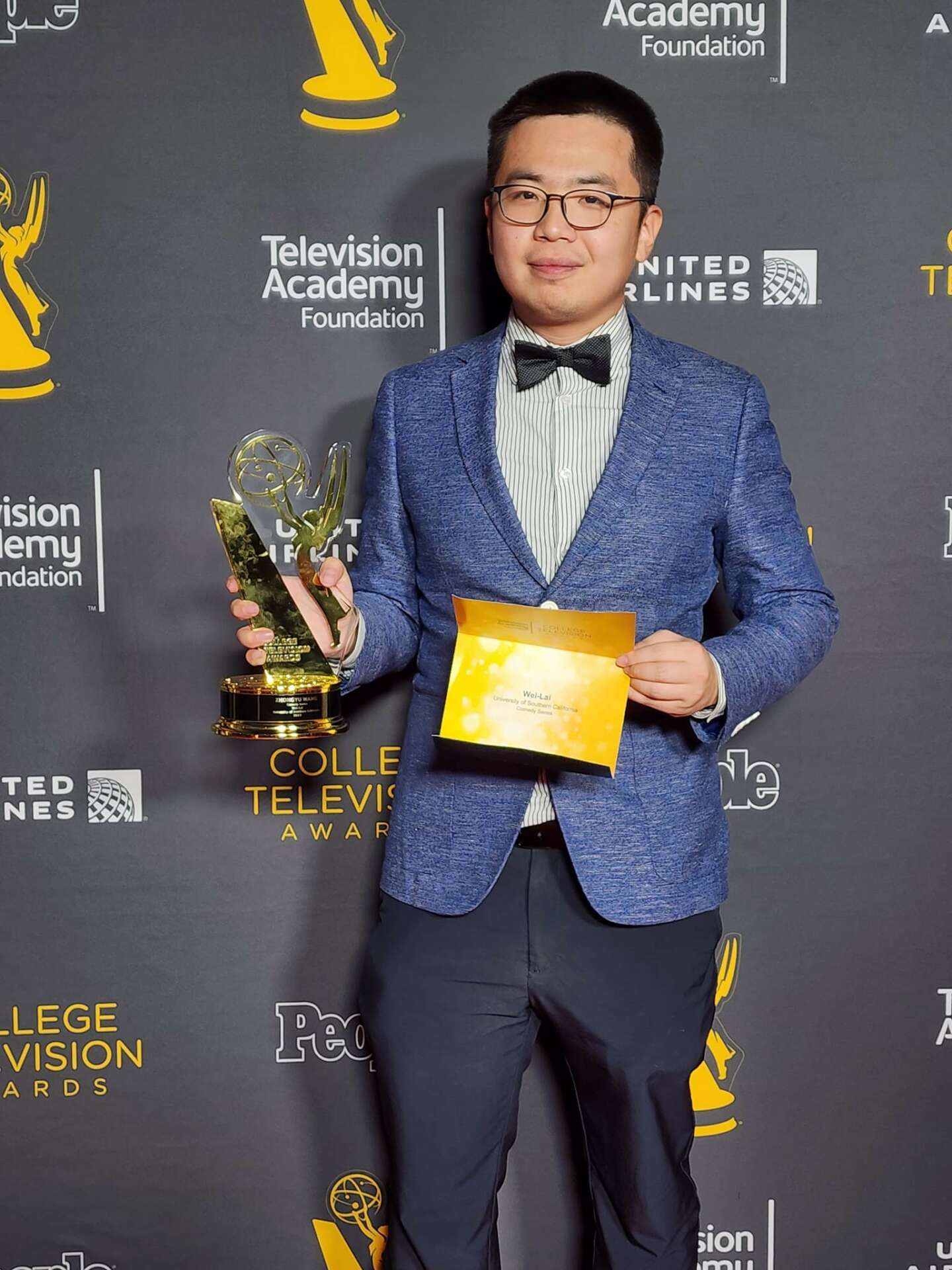We caught up with the brilliant and insightful Robin Wang a few weeks ago and have shared our conversation below.
Robin, thanks for taking the time to share your stories with us today We’d love to hear about a project that you’ve worked on that’s meant a lot to you.
The project that holds the utmost significance for me is “Neither Donkey Nor Horse,” a short film funded by the Alfred P. Sloan Foundation, which I directed this past summer. This film resonated with me profoundly as it delves into themes that strike a personal chord. The film unfolds a gripping historical biopic, portraying the remarkable journey of the first Chinese doctor to study at Cambridge. Upon returning to old China, he confronts and combats the deadliest airborne plague the world has witnessed.
What makes this project particularly meaningful to me is its exploration of the nuanced dynamics between Modernity and Tradition, East and West. These themes are not only intellectually stimulating but also mirror my own deep-seated connection to the narrative. I am captivated by the intricate interplay of cultures, and the concept of “spiritual homelessness” – the experience of wandering on the cultural margins and never quite fitting in. Through this film, I had the opportunity to artistically articulate the journey of finding home and inner peace, while contributing to the broader tapestry of human society. Witnessing how a story that resonated with me so deeply also moved others in a profound way was an immensely gratifying experience.
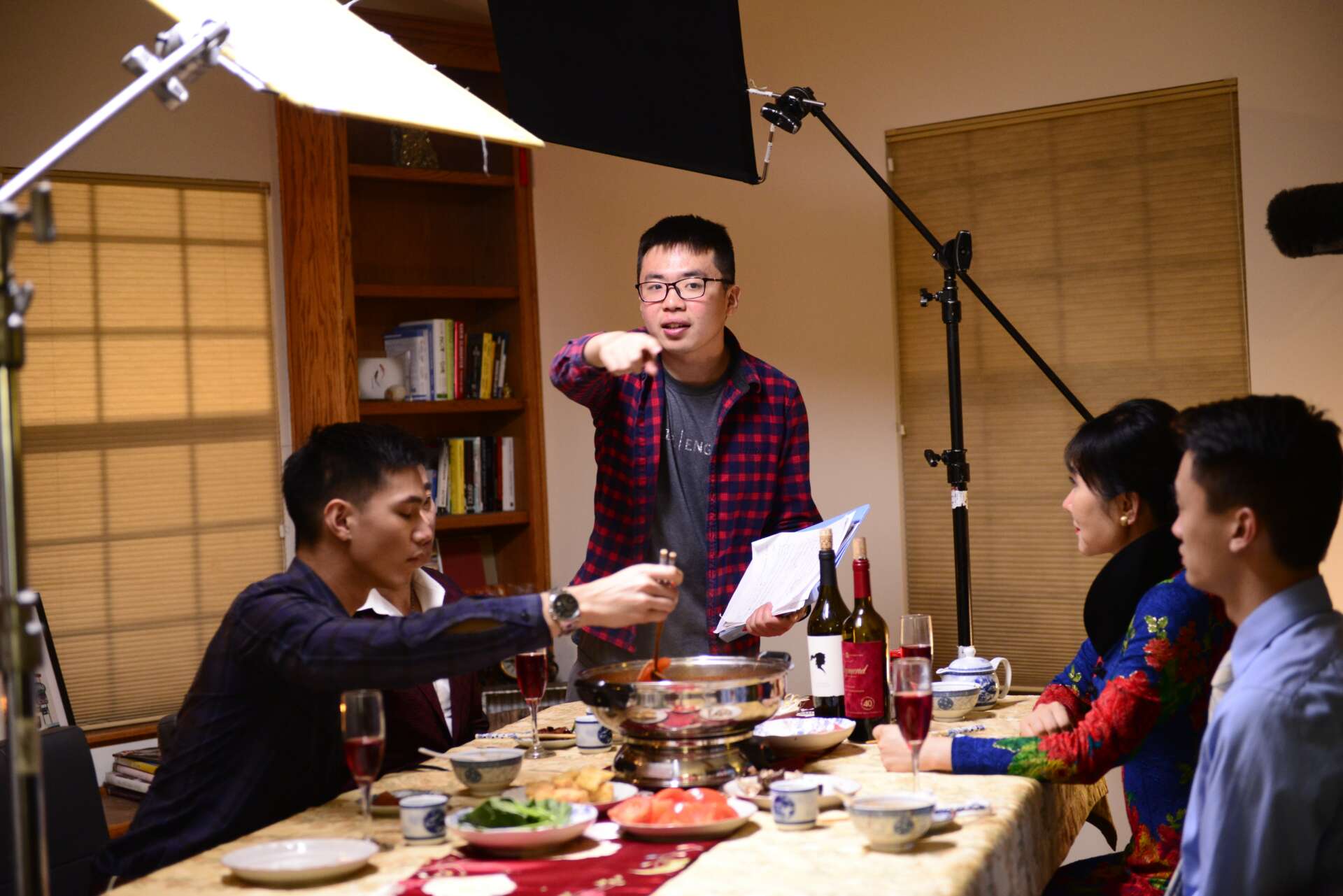
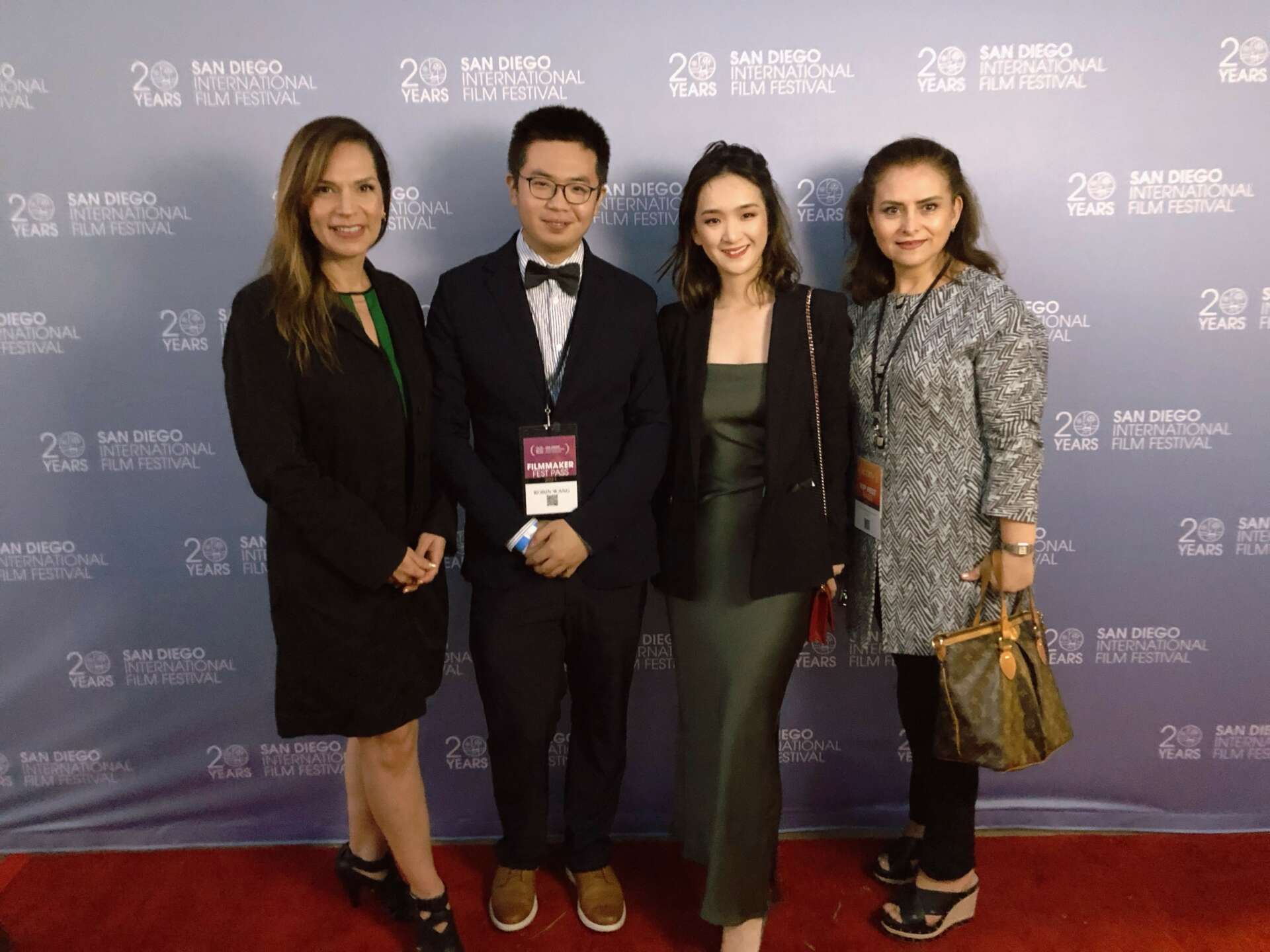
As always, we appreciate you sharing your insights and we’ve got a few more questions for you, but before we get to all of that can you take a minute to introduce yourself and give our readers some of your back background and context?
I am a film director, producer, and writer, with a diverse portfolio spanning short films, features, documentaries, and web series. Some of my creations have garnered substantial attention, amassing up to 11.7 million views on platforms like YouTube and TikTok. My professional journey involves both personal projects and commissioned work for companies engaged in narrative and non-fiction content production.
At my core, I am a devoted enthusiast of stories and storytelling, firmly believing that film is the quintessential storytelling art form of the 21st century. As a narrative filmmaker, my focus revolves around the construction of compelling narratives and well-defined characters, often delving as deep into the source materials as possible. My overarching objective is to deliver top-tier entertainment that not only moves the audience’s hearts but also sparks intellectual engagement.
What sets my work apart is the profound authenticity that I attempted to infuse into each film. I selectively embark on projects that hold a unique resonance with me, frequently exploring narratives centered around individuals existing on the cultural fringes, the minorities among minorities. My filmography attests that the key to resonating with audiences lies in the sincerity invested in storytelling. Projects like “Wei-Lai” exemplify this ethos, turning a deeply personal narrative into a film with universal resonance. I take pride in the fact that this film, in particular, garnered 274K views on YouTube’s Omeleto channel, highlighting the potency of authentic and personally connected storytelling.
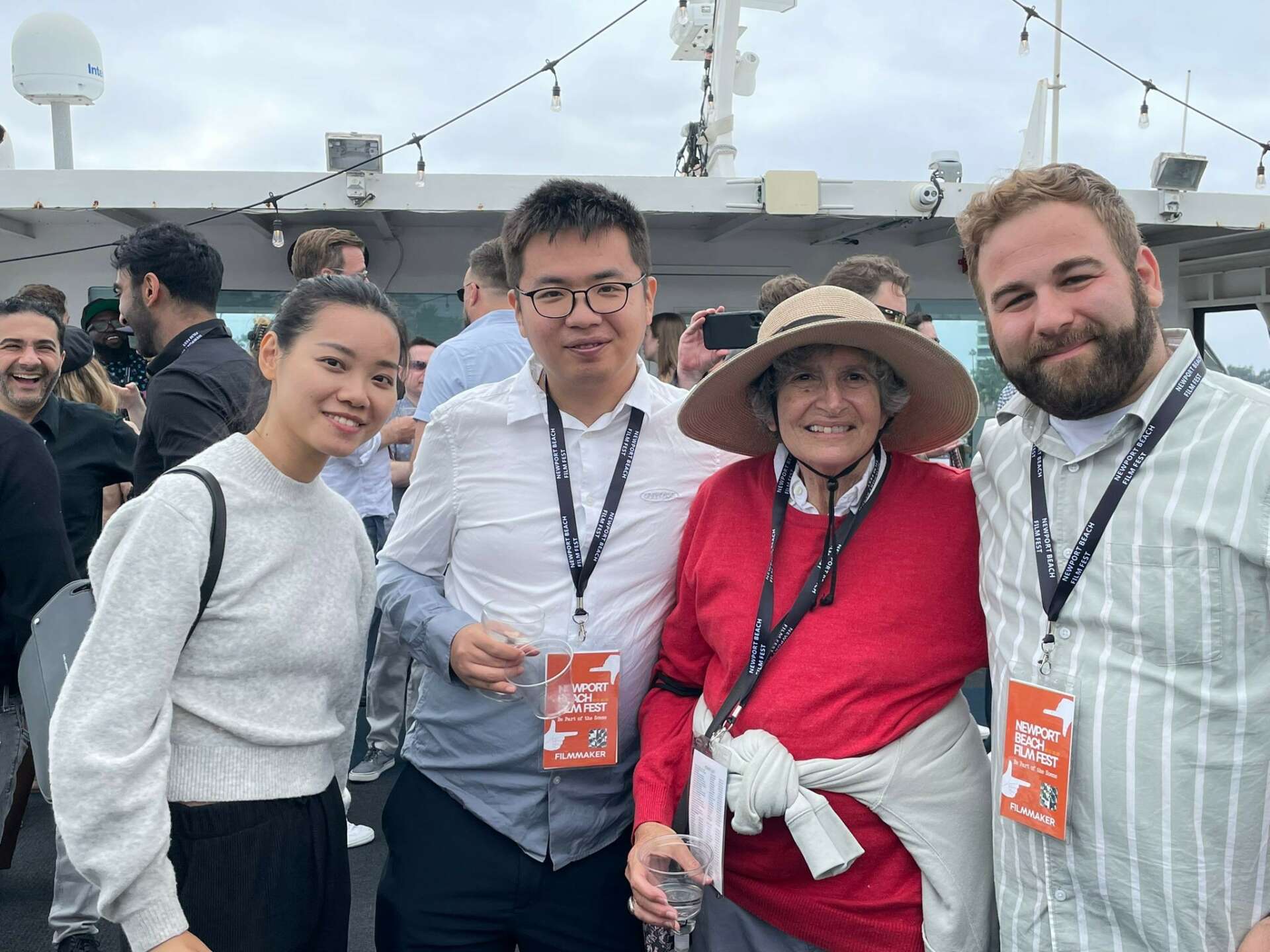
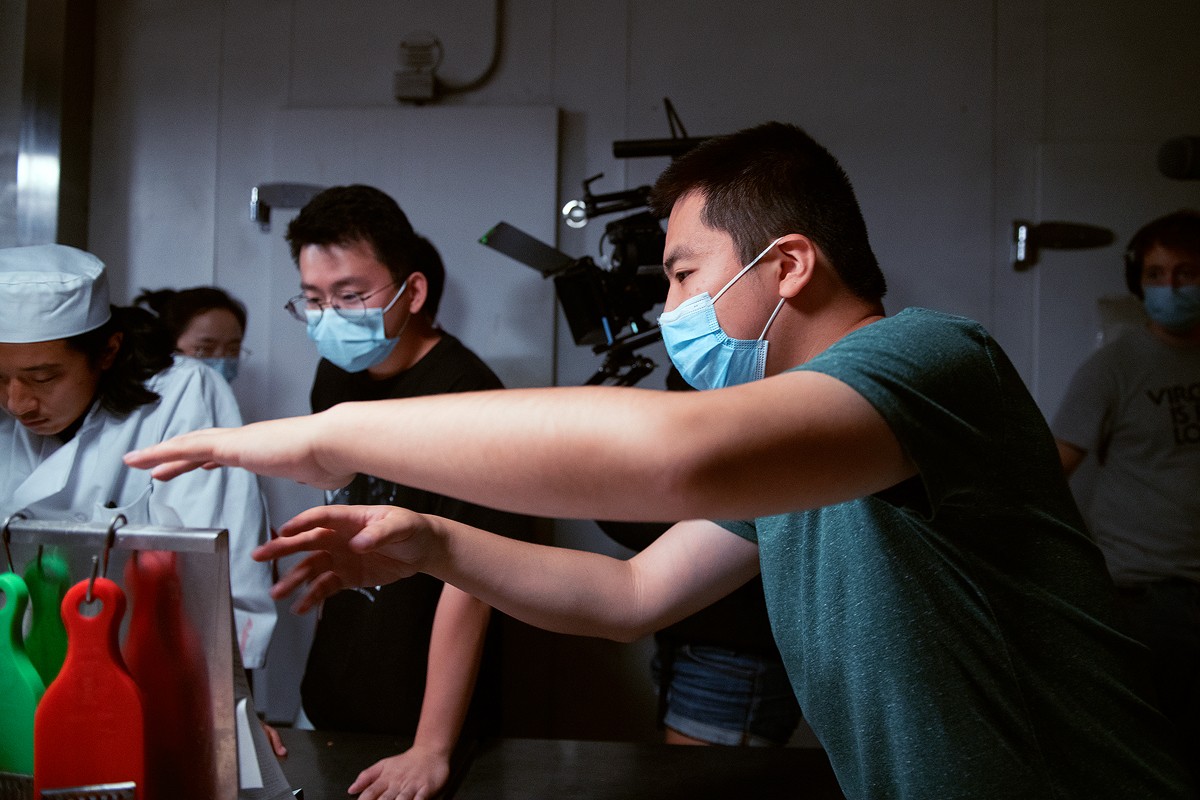
How can we best help foster a strong, supportive environment for artists and creatives?
In my perspective, American society needs to do a much better job of elevating its support for artists across financial, creative, and legal domains. Financially, there’s a crucial need for corporations and studios to recalibrate pay scales, fostering an ecosystem that not only attracts but also sustains creative talents. The absence of financial security often dissuades individuals from pursuing a creative career, as vividly illustrated by the recent strike, highlighting the struggles faced by numerous artists in the industry striving for basic human dignity.
Creatively, societal efforts should prioritize diversifying the narratives presented annually, actively championing emerging voices and filmmakers. Cultivating young creatives from diverse backgrounds is vital for injecting fresh energy into the industry. However, young creators frequently encounter formidable barriers of entry for their debut feature film projects. There’s a pressing need to reshape the industry’s overall structure to facilitate greater upward mobility and bridge the gap between established and emerging artists.
Legislatively, foreign-born artists encounter disproportionately arduous challenges to sustain their careers in the United States, especially when juxtaposed with their STEM counterparts. It’s ironic that technology has always been such an integral part of pushing the boundaries of the film industry (such as virtual production). Nevertheless, film production majors have not been considered STEM majors and consequently never granted the preferential treatment of OPT extension. This simplistic binary view of STEM versus art merely underscores the policymakers’ outdated and uninformed comprehension of art and technology in our society. Because they were never deemed as valuable as STEM students, foreign-born filmmakers have to exert considerable effort to build their portfolios and encounter much higher competition when seeking employment in the film industry. This unfairness warrants a closer examination and consideration of equitable policies.
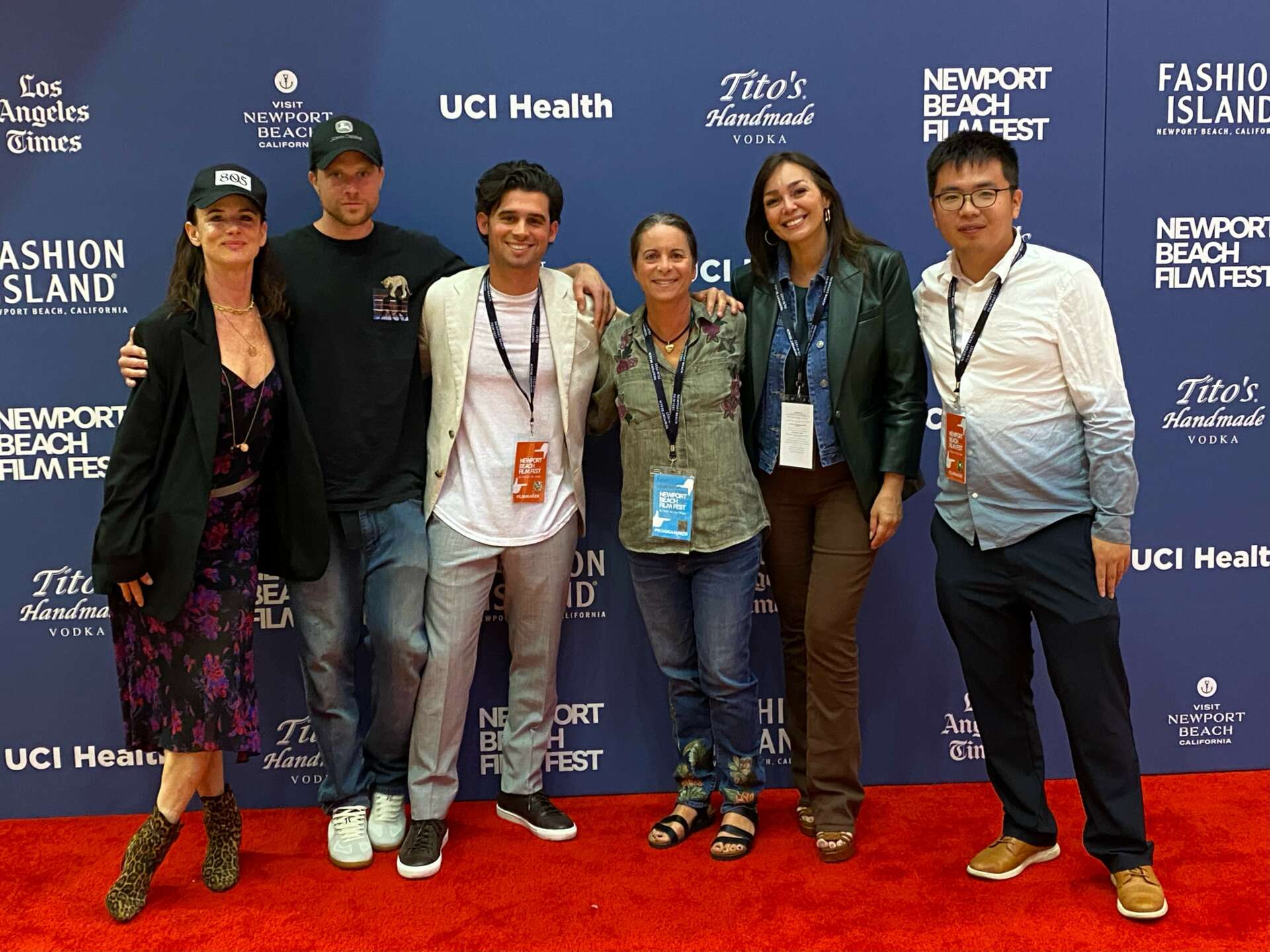
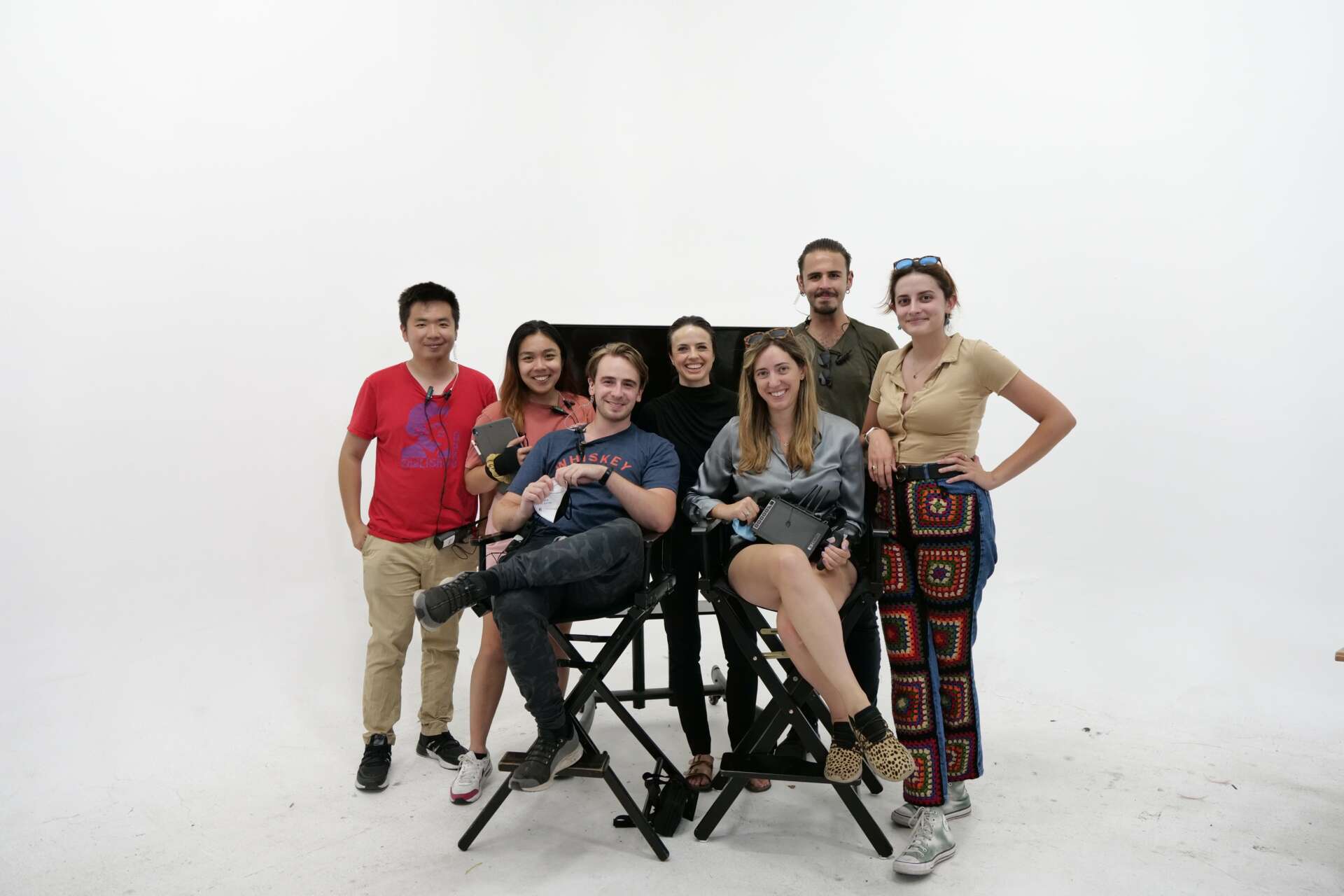
Are there any resources you wish you knew about earlier in your creative journey?
I’ve come to realize the paramount importance of cultivating a community of like-minded individuals with positive creative energy, and I wish I had done it earlier. Our surroundings significantly shape who we are, and the collective energy we share tends to reinforce and elevate each other. Presently, I tend to surround myself with artists who share a genuine passion for movies and consistently emanate creative energy. Being in such a supportive environment provides a constant source of inspiration and momentum, propelling me forward without hindrance.
Reflecting on my undergraduate years, I encountered a challenging period when I struggled to connect with like-minded filmmakers, especially those aligned with the narrative-driven film direction I aspired to pursue. This lack of a cohesive creative community left me feeling physically and mentally drained with each film project. My creative process was hampered, and progress became slow and stagnant because of the creatively unfulfilled environment.
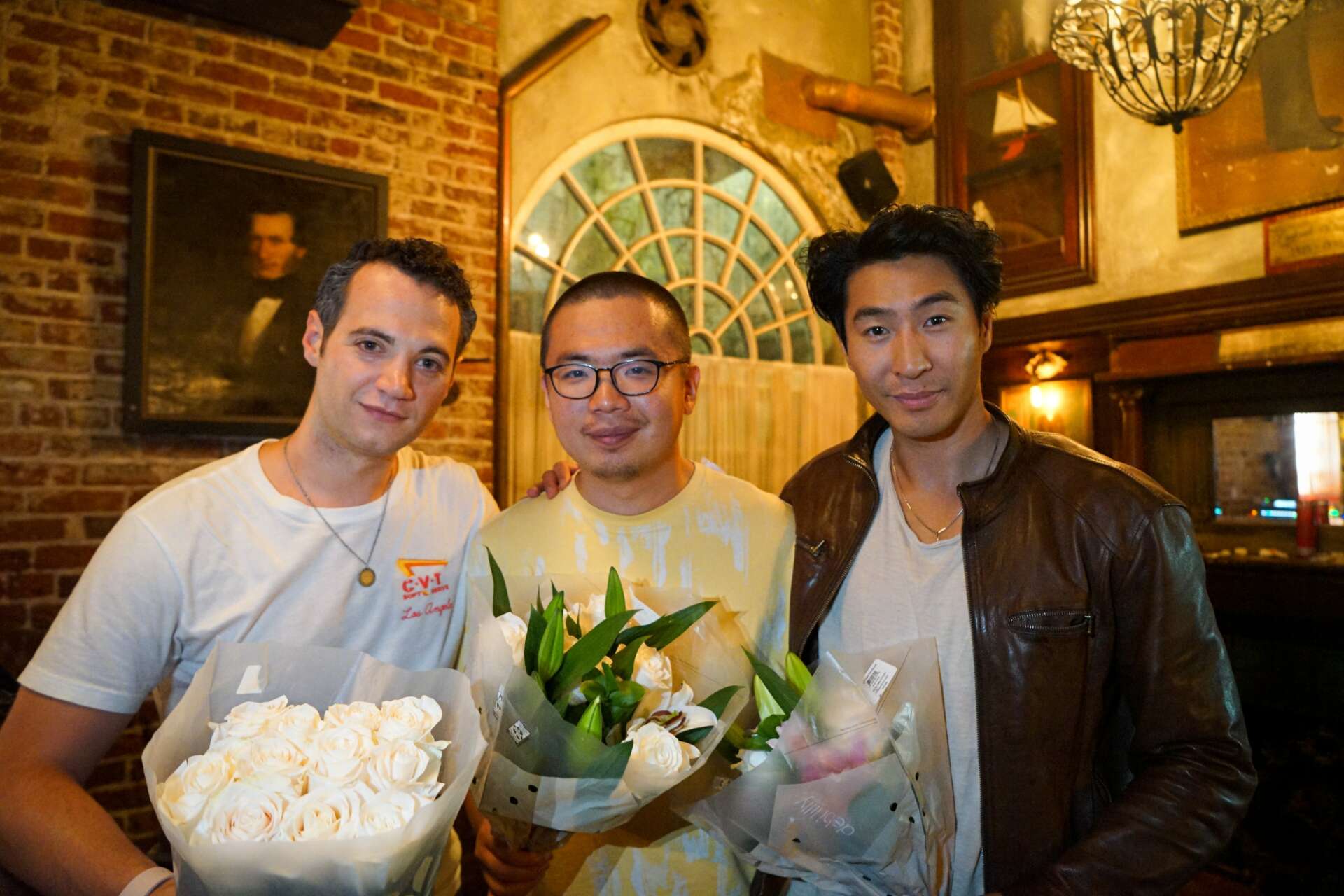

Contact Info:
- Website: www.robinwangfilms.com
- Instagram: @robin_z_wang
- Facebook: https://www.facebook.com/robin.wangzhongyu/
- Linkedin: https://www.linkedin.com/in/robin-zhongyu-wang-6219895a/
Image Credits
Nox Yang; Rielle Li


